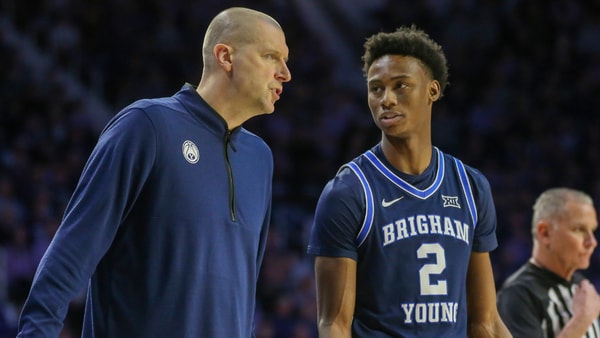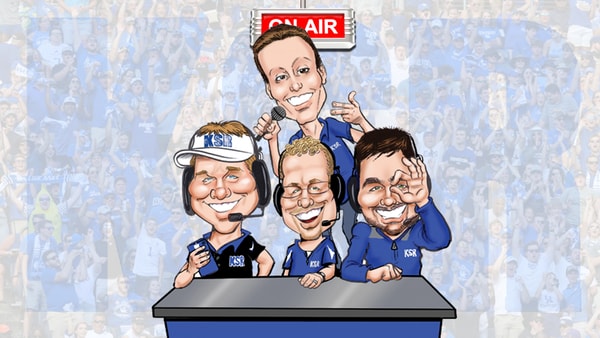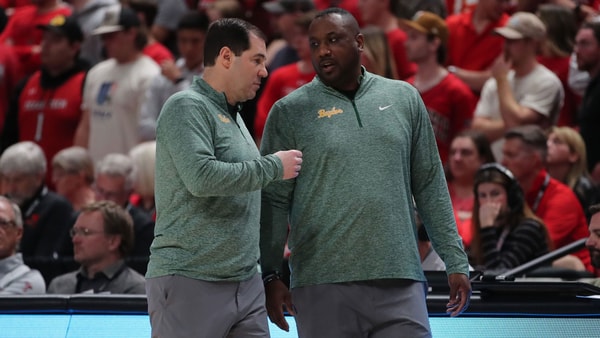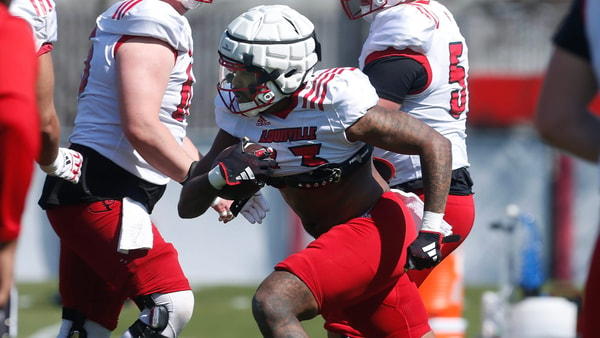What Moral Leadership Looks Like

In his seminal Vanity Fair essay on George Orwell, the late Christopher Hitchens encapsulated the essence of principled leadership: Orwell “showed how much can be accomplished by an individual who unites the qualities of intellectual honesty and moral courage.”
Today, an elected leader who unites these two qualities can be nearly impossible to find, especially amidst our polarized and paralyzed politics, where tribalism is ascendant, compromise is shunned, hyperbole is rewarded, and nuance is endangered.
Applying the moniker of “intellectual honesty” to the current occupant of the White House would be a challenging digression. In the wake of yesterday’s terrorism in the streets of Charlottesville, “moral courage” would seem quite elusive as well.
While prominent Republicans such as Marco Rubio, Ted Cruz, Cory Gardner…even Ivanka Trump…called out the racists, Klanners and Nazis responsible for the violence, Donald Trump pointed his finger to “many sides,” a case of false equivalency that was cheered on by the alt-right media. The same Trump who in recent weeks lambasted Mitch McConnell, James Comey, and Jeff Sessions, cannot find the same rage for domestic terrorists. The same Trump who repeatedly chided Hillary Clinton and Barack Obama for refusing to identify by name “radical Islamic terrorism,” cannot seem to locate the words “white supremacists” in his vocabulary.
But the same day President Trump failed his test of moral leadership, Lexington Mayor Jim Gray aced his own.
After months of study and deliberation, Gray announced that he intends to take action to remove two Confederate statutes from the grounds of the city’s historic old courthouse. One statue memorializes John Hunt Morgan, a Confederate soldier whose notorious raids were responsible for “pillaging” Lexington, and who was dismissed from command after disobeying his superiors and declining to punish atrocities committed by his troops. The other commemorates a more complicated figure, former U.S. Vice President John Breckinridge, who ultimately served as Secretary of War for the Confederacy. While critics will undoubtedly label this an attempt to “whitewash” history, the mayor suggested a more appropriate location, the suburban Veterans’ Park.
It’s the right call. The statues currently reside in the center of downtown, in front of what will become the city’s visitors’ center, precisely where we show off Lexington to the world. The message their presence sends — celebrating the worst, most painful moment in our city’s history — not only engenders pause from tourists and employers who may want to relocate here, but it’s also completely inconsistent with what Lexington has become since their erection: a progressive, diverse, tolerant, and forward-looking community that shuns the abhorrent racism and divisiveness of the Civil War era and beyond.
It’s additionally a case study of moral courage. Gray, who is considered one of the Democratic party’s leading candidates for Governor in the future, will be pilloried in many quarters of the Bluegrass State by individuals who either cling on to our antebellum past, or deride these efforts as manifestations of ever-spreading “political correctness.” As he proceeds, he might encounter entrenched opposition from the bureaucracies that must weigh in on the process. And if gets to ultimate removal, he could be faced with the kind of specter seen in another college town this weekend, as the white supremacy movement metastasizes across the country.
Jim Gray, indeed, has set himself on a risky path, one that could undermine his political ambitions, and certainly will subject him to angry, painful denunciations and challenges.
That’s moral courage.
I’m hopeful that Gray’s fever spreads a few dozen miles down I-64. In the summer of 2015, in the wake of an even more monstrous act of domestic terrorism in Charleston, Kentucky leaders, including Senator Mitch McConnell and now-Governor Matt Bevin, demonstrated their own moral leadership. In the middle of a tightly contested gubernatorial campaign, McConnell, Bevin and most state legislative leaders joined a controversial call to remove the statue of Confederate President Jefferson Davis from the Capitol Rotunda.
Unfortunately, Davis still remains in place, and even weak-tea efforts to dress up the statue with “historical context” have encountered continual delays.
I have spilled enough virtual ink over the past few years at this site explaining why Davis needs to go. But for those of you who don’t trust the credibility of a liberal recovering politician, check out this column from Jordan Harris of Kentucky’s new conservative-leaning think tank, the Pegasus Institute. Harris counsels that
Conservatism values individual liberty, personal responsibility, human decency, free markets and works to defend Western ideals. All stand in contrast to Jefferson Davis’ political life. Some have been blinded to this, failing to see that the Confederacy was a revolt built on subjugation, not on the defense of liberty or the rejection of tyranny.
(Harris also wisely suggests that Davis should be replaced in Kentucky’s version of Statutory Hall by the likeness of Muhammad Ali. That’s a discussion for another day. But if you agree with him, sign this petition.)
If that’s not enough, how about some partisan red meat? The Jefferson Davis statue was commissioned by a Democratic Governor, authorized by a Democratic legislature, and kept in place by more than a half century of Democratic politicians. Oh, and don’t forget: unlike Abraham Lincoln and Henry Clay, his marble neighbors in the Rotunda, Jefferson Davis was a Democrat! Republicans looking for a clean sweep of the vestiges of Democratic influence in Frankfort should not ignore ridding the Capitol of the worst example of my party’s history.
I won’t soft-sell the political risk: Even at the height of national fury toward the Confederate flag-waving murderer Dylann Roof, a Bluegrass Poll revealed 73 percent of Kentuckians preferred Davis to stay where he is. But it’s the right thing to do despite the political downside. And that’s what moral leadership looks like.








Discuss This Article
Comments have moved.
Join the conversation and talk about this article and all things Kentucky Sports in the new KSR Message Board.
KSBoard